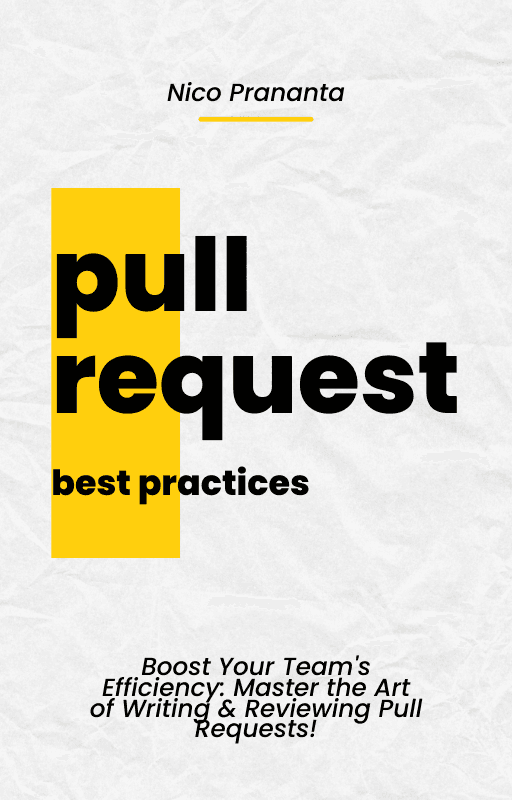- Published on
The Dunning-Kruger Effect
and how to navigate it
- Authors
- Name
- Nico Prananta
- Follow me on Bluesky
A phenomenon that's endlessly fascinating...
In psychology, a cognitive bias is intriguing. It captures why some people, despite having little knowledge, feel overly confident. Meanwhile, experts often underestimate their skills. This is known as the Dunning-Kruger Effect.
The Dunning-Kruger Effect has two key components:
- Overconfidence in Novices: People with limited understanding or skill in a domain tend to overvalue their competence. They don't recognize their own limitations, so they misjudge their abilities.
- Experts are often humble: Individuals with deep knowledge or skills often undervalue their expertise. They might assume that what comes easily to them is equally easy for others, leading to a skewed self-perception.
This cognitive bias highlights a paradox in self-assessment. It also shows the importance of seeking a balanced understanding of our own abilities.
Why does this happen? Simply put:
For beginners, ignorance of a field's vastness can make what they know seem more significant. Experts, however, are familiar with the complexity of their field. This makes them aware of what they don’t know.
So how can one counter the Dunning-Kruger Effect? There are several strategies.
Strategy 1: Embrace Lifelong Learning
The pursuit of knowledge is endless. The first step in overcoming overconfidence is acknowledging that you don't know everything. There's always more to learn.
Stay Curious: Cultivate a mindset of curiosity and openness to new information.
Seek Challenges: Engage with tasks that stretch your abilities and expose you to new ideas.
Strategy 2: Seek Feedback
Feedback is crucial for accurate self-assessment. It provides an external perspective that can help correct misperceptions of our abilities.
Ask for Constructive Criticism: Regularly seek feedback from peers, mentors, or experts in your field.
Reflect on Feedback: Consider the feedback deeply, even if it's challenging, and use it as a basis for growth.
Strategy 3: Cultivate Self-Awareness
Developing a keen sense of self-awareness allows you to more accurately gauge your skills and knowledge.
Self-Reflection: Regularly take time to reflect on your strengths and weaknesses.
Mindfulness Practices: Engage in practices that enhance self-awareness. This could include mindfulness or journaling.
Embrace learning, seek feedback, and foster self-awareness. Doing so will help you understand your abilities better. This journey towards self-knowledge is not only about recognizing our limits. It's also about celebrating our potential for growth.
In the dance of competence and confidence, finding the right rhythm involves acknowledging where we are and where we need to go. We must also understand that the path of learning is infinite.
Are you working in a team environment and your pull request process slows your team down? Then you have to grab a copy of my book, Pull Request Best Practices!
Image
